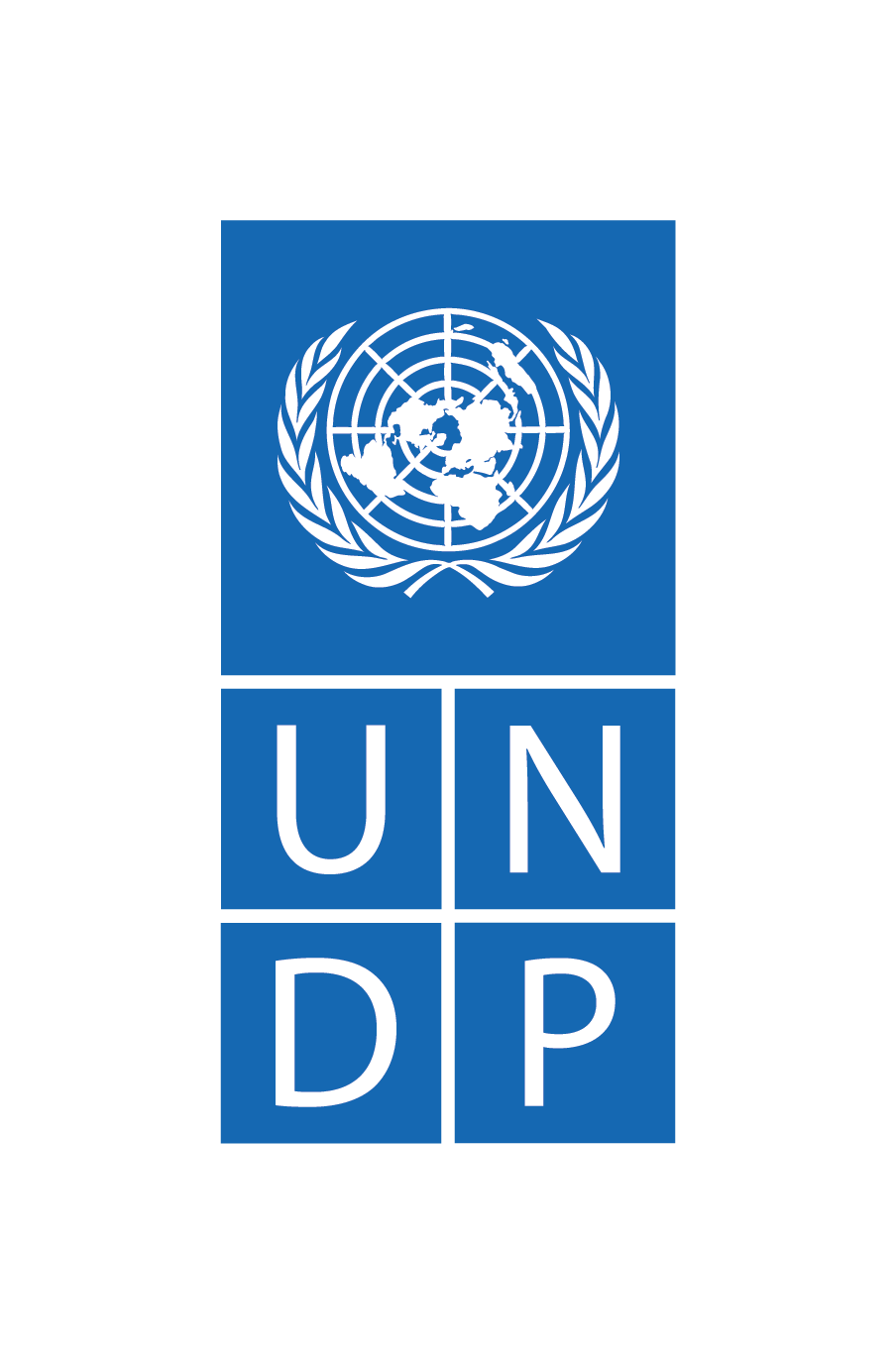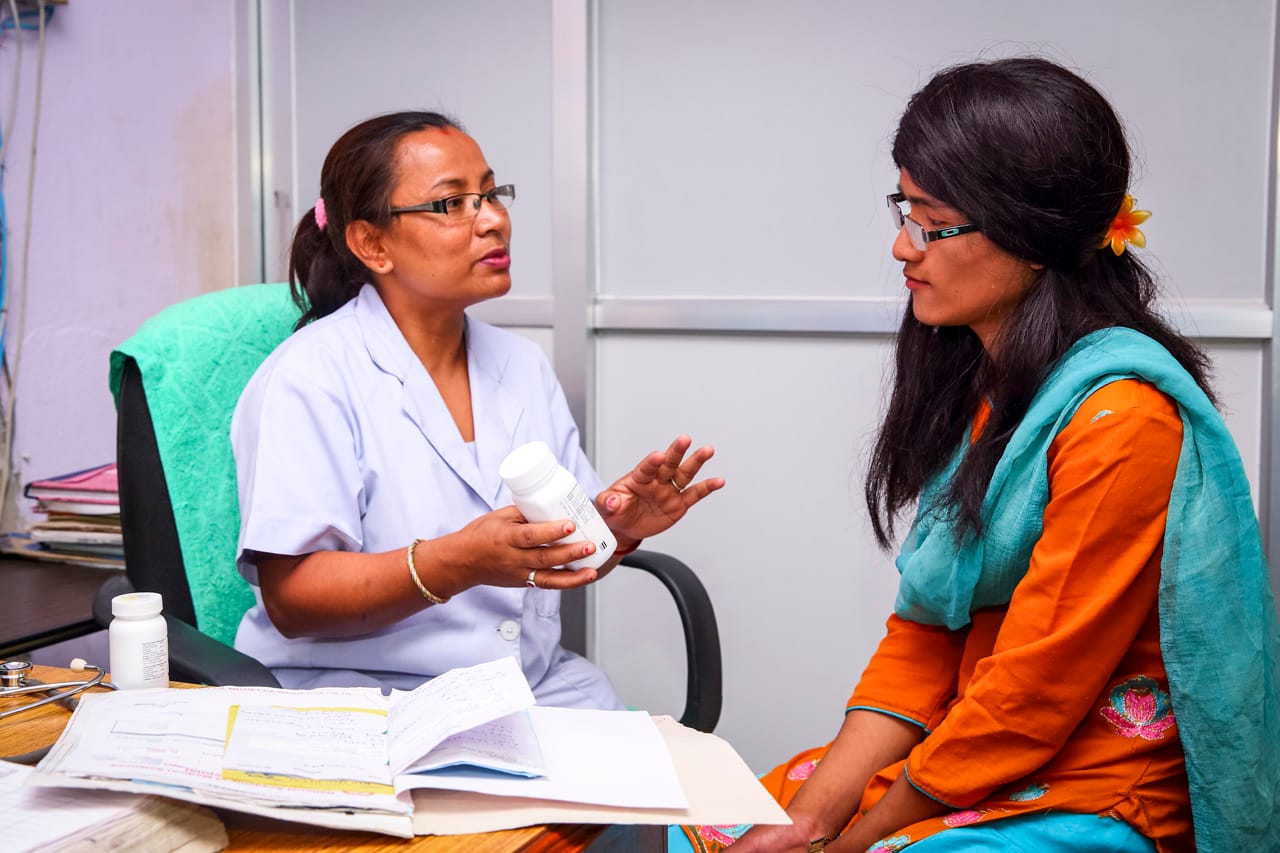Why capacity development?
Unlocking transformation
UNDP defines capacity development as the process through which individuals, organizations, institutions and societies obtain, strengthen and maintain the capabilities to set and achieve their own development objectives over time. It aims to unlock transformative change, that is, change that is generated, guided, and sustained by those whom it is meant to benefit. Capacity development can help to strengthen national systems and procedures for health services and improve programme implementation for better health outcomes.
Capacity development for health: why UNDP?
With its global reach, broad mandate and integrator role, UNDP is uniquely positioned to support the kind of systemic and structural change needed at the scale required to bring about sustainable transformation of systems for health. UNDP’s country presence and diverse experience in implementing health and development programmes and policy interventions inform its approaches to strengthening the capacities of national entities to implement large-scale health programmes.
Resources to drive impact
This website details UNDP’s approach, processes and tools for capacity development 1) within the context of health programme implementation and management, and 2) in support of building resilient and sustainable health systems at national and subnational levels. While particularly relevant for entities supporting the Global Fund programmes, the tools, examples and guidance on this site may be adapted to a range of capacity development objectives and needs of governments, civil society organizations, multilateral and bilateral agencies, and other stakeholders that help countries to make progress on the health-related Sustainable Development Goals (SDGs) and the pledge to leave no one behind.










